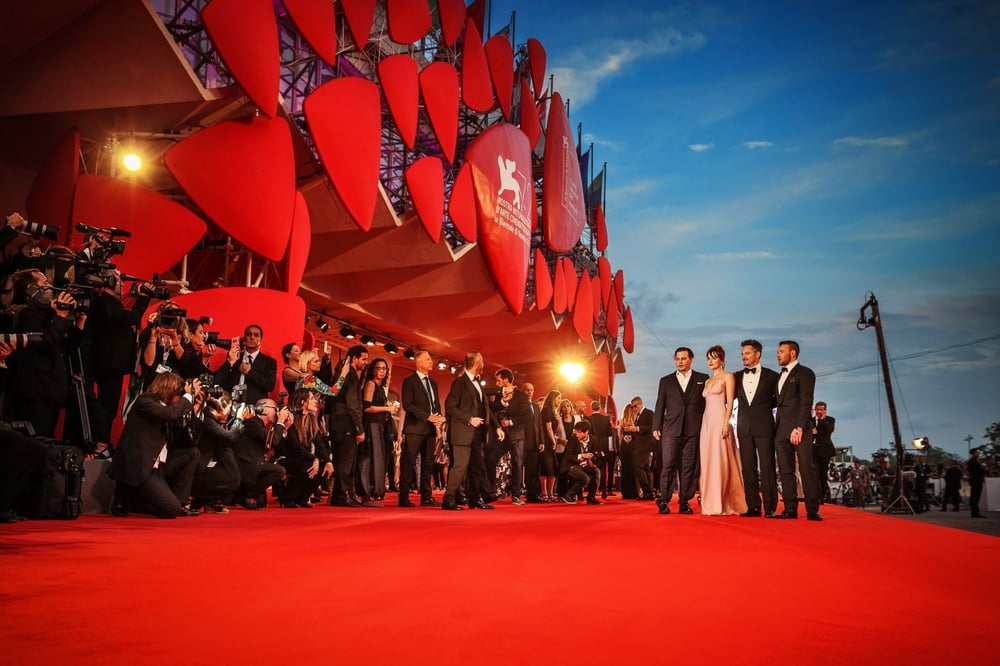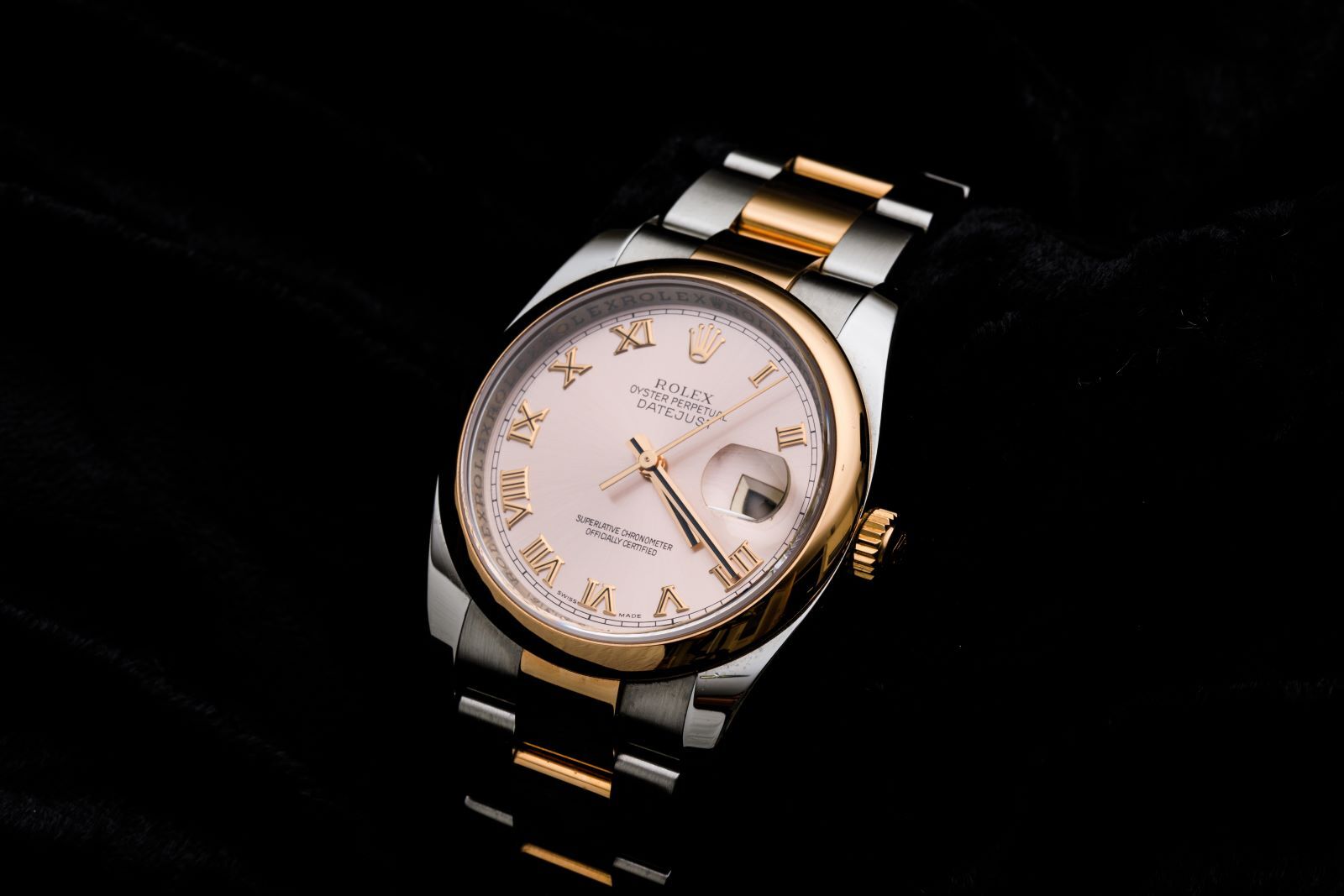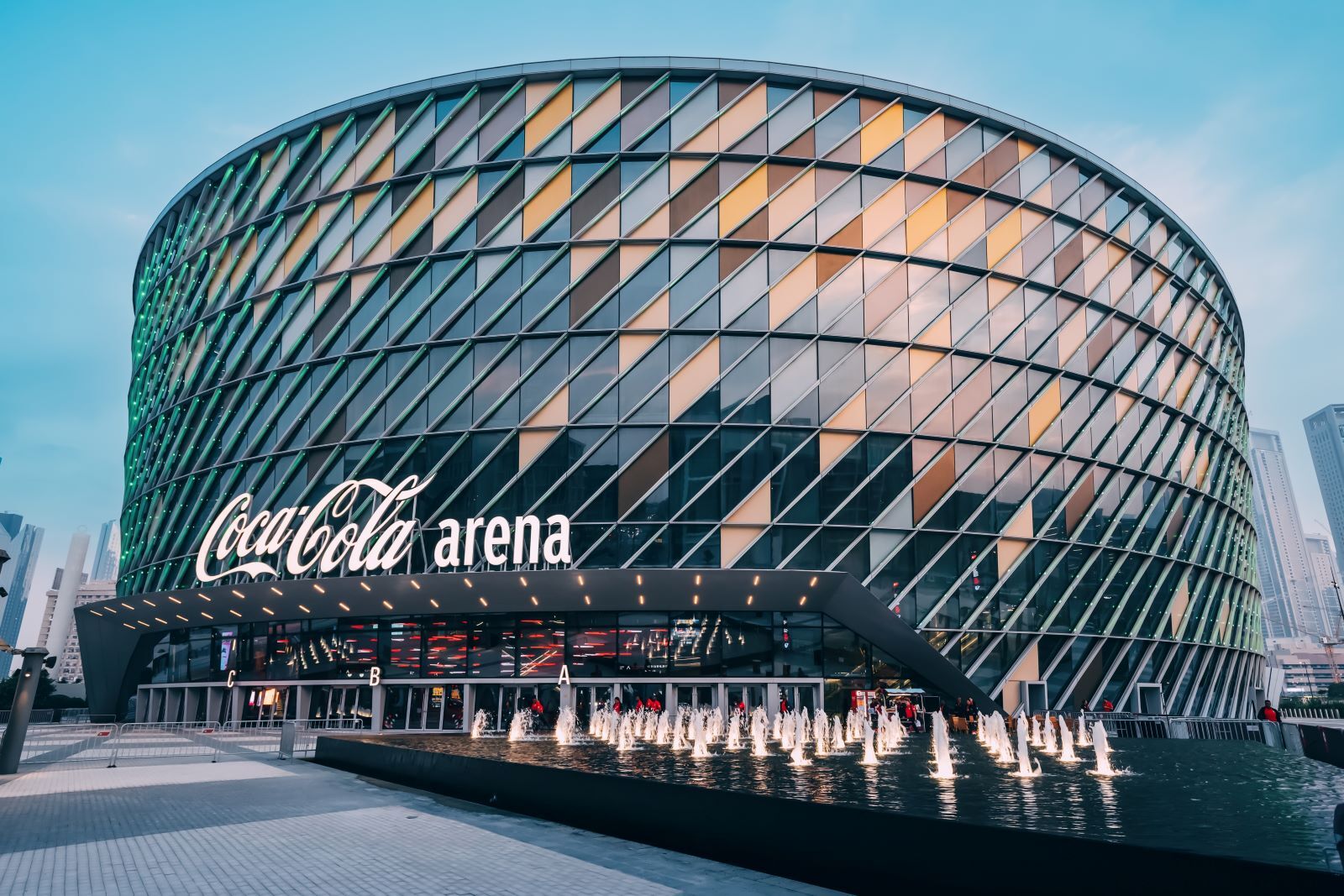Venice Film Festival 2025: Cinema, Culture, and the City That Shapes Them Both
Published: 11 June 2025
Every year at the close of August, the world of cinema turns its gaze to Venice. Not for its winding canals or Renaissance palazzi – splendid though they are – but for the Venice Film Festival, which returns this year for its 82nd edition. The oldest festival of its kind, it remains a place where global auteurs premiere bold new work and major studios launch their awards-season campaigns. Beyond the screen however, the festival is ten days of high fashion and headline interviews, with plenty of bubbles and clinking glasses along the way.
Steeped in seafront light and old-world glamour, it embodies the very essence of la dolce vita, carrying a nostalgic, almost purist cinema culture that no other festival quite matches. Here’s a guide to the 2025 Venice Film Festival, including how to attend and where to stay.

A Brief History of the World’s Oldest Film Festival
The Venice Film Festival began on the terrace of the extraordinary Excelsior Palace Hotel in 1932. Launched as a cultural experiment by the Venice Biennale, the question it posed was simple: could cinema be taken seriously as high art? Judging by the weight the festival carries today, the answer is verifiably yes – or better still, certo.
The first film showcased that year was the legendary Dr. Jekyll and Mr. Hyde, projected against a screen overlooking the Adriatic. The festival’s top honour, the Golden Lion, was formally introduced in 1949, and remains one of the most coveted awards in global cinema.
Fellini, Antonioni and Kurosawa all passed through Venice before they became canonical. More recently, the festival has been the launchpad for Roma, Nomadland, The Shape of Water, and Poor Things. Where Cannes courts couture and Toronto chases buzz, Venice has always done things differently, premiering films that shape conversations and spotlighting directors long before they become household names. There’s no film market here, and no frenzied deal-making: just cinema, for cinephiles, taken seriously.
82nd Venice Film Festival, 2025: What To Expect
The 82nd edition of the Venice Film Festival will run from August 27 to September 6, 2025, returning to its usual, reliably spectacular late-summer slot on the Lido di Venezia. The full programme won’t be revealed until July, but early signs suggest a festival anchored in legacy, commanding the cinematic authority only Venice can.
This year, much of that weight will fall fittingly on Werner Herzog, who is set to receive the coveted Golden Lion for Lifetime Achievement. Herzog, the lauded German filmmaker behind Fitzcarraldo, Grizzly Man, and Nosferatu the Vampyre, has spent decades chasing extremes, often probing the uneasy tension between nature and civilisation – always on a scale that is both epic and raw. Now 82, he remains prolific as ever, pursuing new ground with a documentary in Africa (Ghost Elephants), a feature film (Bucking Fastard), and an animated adaptation of his novel, The Twilight World.
Fuelled by an obsession with “ecstatic truth”, Herzog once described cinema as “the most profound way of seeing.” In an era defined by 15-second soundbites and shrinking attention spans, his presence at the centre of the cinematic conversation feels not just relevant but entirely necessary. It’s a fitting tribute for someone whose work has always felt unrepeatable and distinctly his own.
Alexander Payne, the American director known for Sideways and The Descendants, will serve as the President of the Main Competition Jury. As always, the festival will feature a mix of high-profile premieres and hidden gems across its various sections, including the main competition, Orizzonti, and Venice Classics. This is a festival that rewards directorial risk, and it is often something of a litmus test for new and experimental films (Poor Things, Joker: Folie a Deux, and All the Beauty and the Bloodshed, for instance). This year, some of the most engaging screenings may come from the lesser-known corners of the programme, rather than Hollywood studios, where debut filmmakers and genre-benders find space to breathe.
How To Attend the Festival
For those looking to experience the festival up close, tickets are open to the public. While industry accreditation gets you into the heart of the action, many screenings are accessible, and with the right timing (and the right connections), it’s entirely possible to weave yourself into the fabric of the festival. A limited number of tickets are released each year via La Biennale’s official website, though they tend to disappear quickly (this is where a trusted concierge proves invaluable).
Once you have tickets, the best possible base is the storied Hotel Excelsior, the beating heart of the festival. Located directly on the Lido, it hosts the press junkets, industry events, and many of the evening screenings. It’s also where everyone passes through, from rising stars to directors with knighthoods. For something more private, the Aman Venice offers a palazzo-like quiet on the Grand Canal, while Cipriani remains a sublime option for those who prefer to dip in and out on their own schedule.
Black tie isn’t strictly required, but this is Venice, and presentation matters. Beyond the official screenings, much of the week’s pull lies in the ebb of daily life: slow gondola rides, fresh aperitivos on the terrace, and late-night conversations that spill out across hotel lobbies and candlelit dinners.
Final Thoughts
While much of the world is increasingly absorbed into the ever-churning blob of ‘content’, Venice Film Festival remains resolutely about cinema and culture. In an age of infinite scrolls and short-form noise, that distinction feels more vital than ever. And, although there’s something delightfully dissonant about watching a contemporary film just metres from a 15th-century palazzo, that is, of course, what makes it Venice Film Festival.



